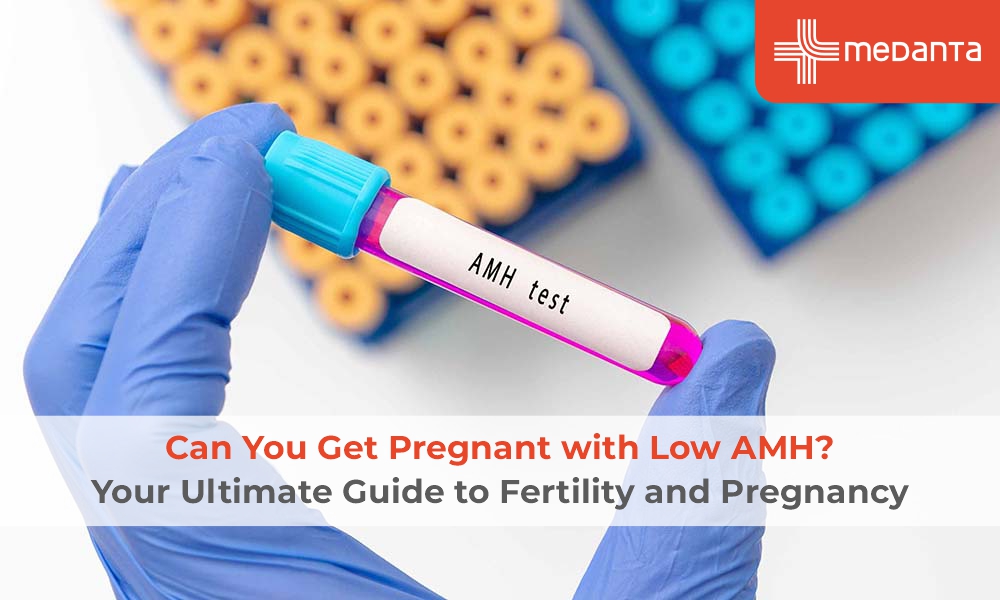6 Things You Need To Investigate After A Fall
Nov 08, 2018
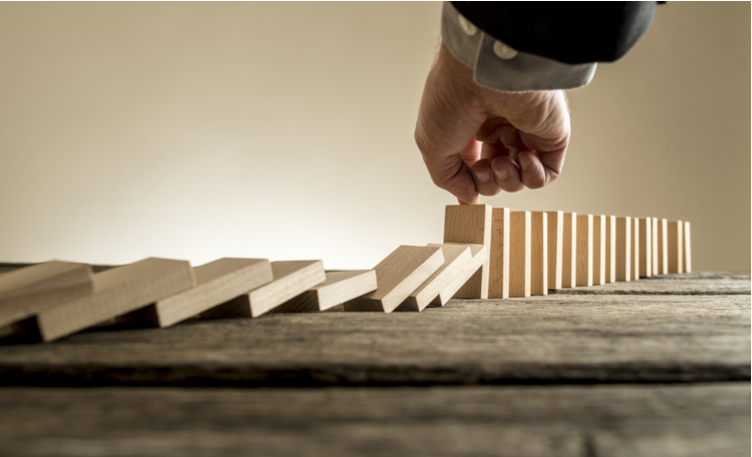
Complications resulting from fall-related injuries are a major problem among the elderly. Here’s how you can prevent serious complications with early interventions like:
- Investigate latent cardiac and neurological issues
A fall could be a symptom of a larger problem. This is why it's important to get a check-up from your physician in the aftermath of a sudden fall, especially if you have recently been feeling low on energy, sick or delirious.
- Test your blood pressure
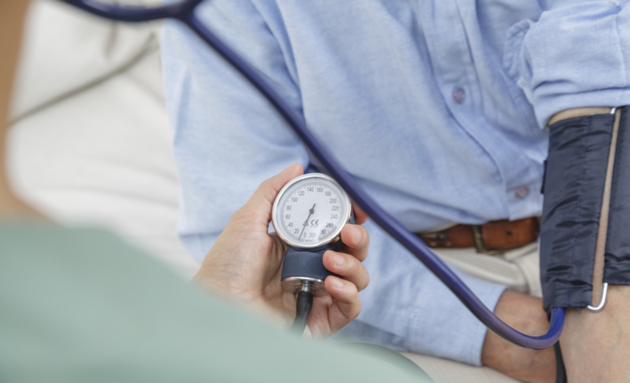
A loss of balance due to dizziness or lightheadedness can be a symptom of low blood pressure. Get your pressure checked to evaluate if you are on the cusp of hypertensive risk.
- Test your blood
Your blood is a good indicator of sodium imbalances or low blood count. Opt for a test that measures your blood cell count, liver and kidney profiles, and electrolyte levels. Also check your blood sugar levels to assess if your fall was due to Hypoglycemia (low blood sugar), a common symptom of Diabetes.
- Check for Vitamin D deficiencies
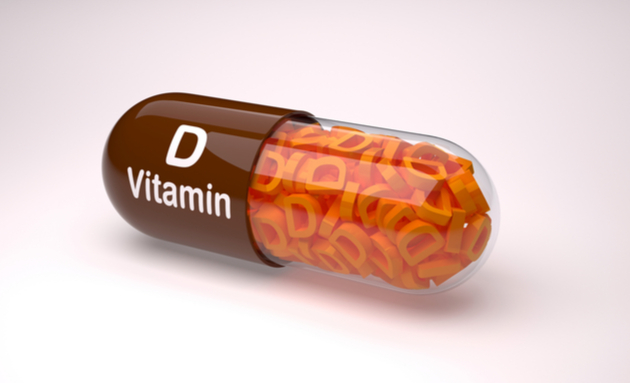
As you get older as a Vitamin D deficiency can make your bones brittle and increase your risk of falls. A low dose Vitamin D supplement and sufficient exposure to the outdoors can help stabilize your levels.
- Review your medicines
Medications are an essential component of ageing. You should periodically review your list of medicines with your physician to check for any harmful interactions that could adversely affect your vitals and eliminate any unnecessary drugs.
- Analyse your walking style
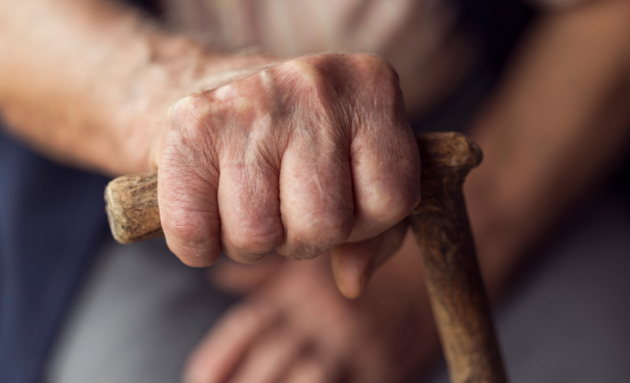
You can finally get a gait assessment by your physician to test for any joint or hip problems. Your doctor will help narrow the source of any walking difficulties as well as recommend the necessary measures to strengthen your leg muscles or test for degenerative issues like osteoarthritis.


